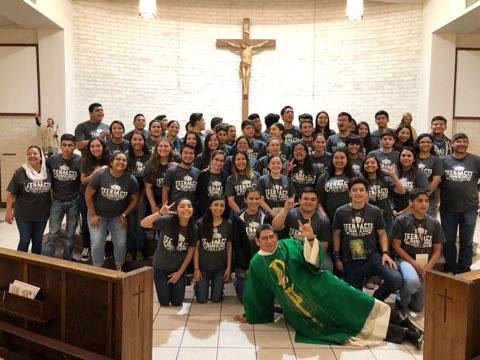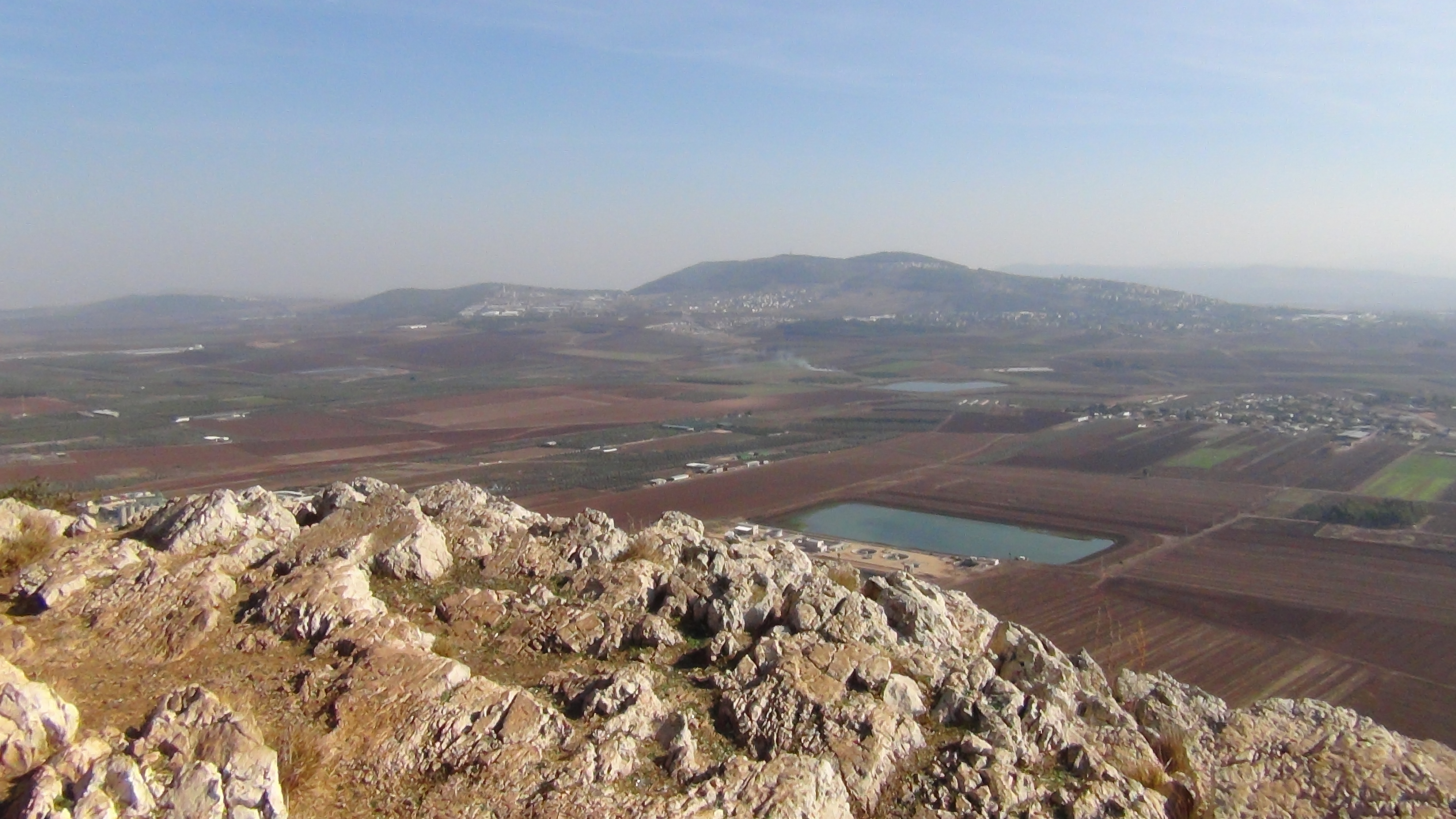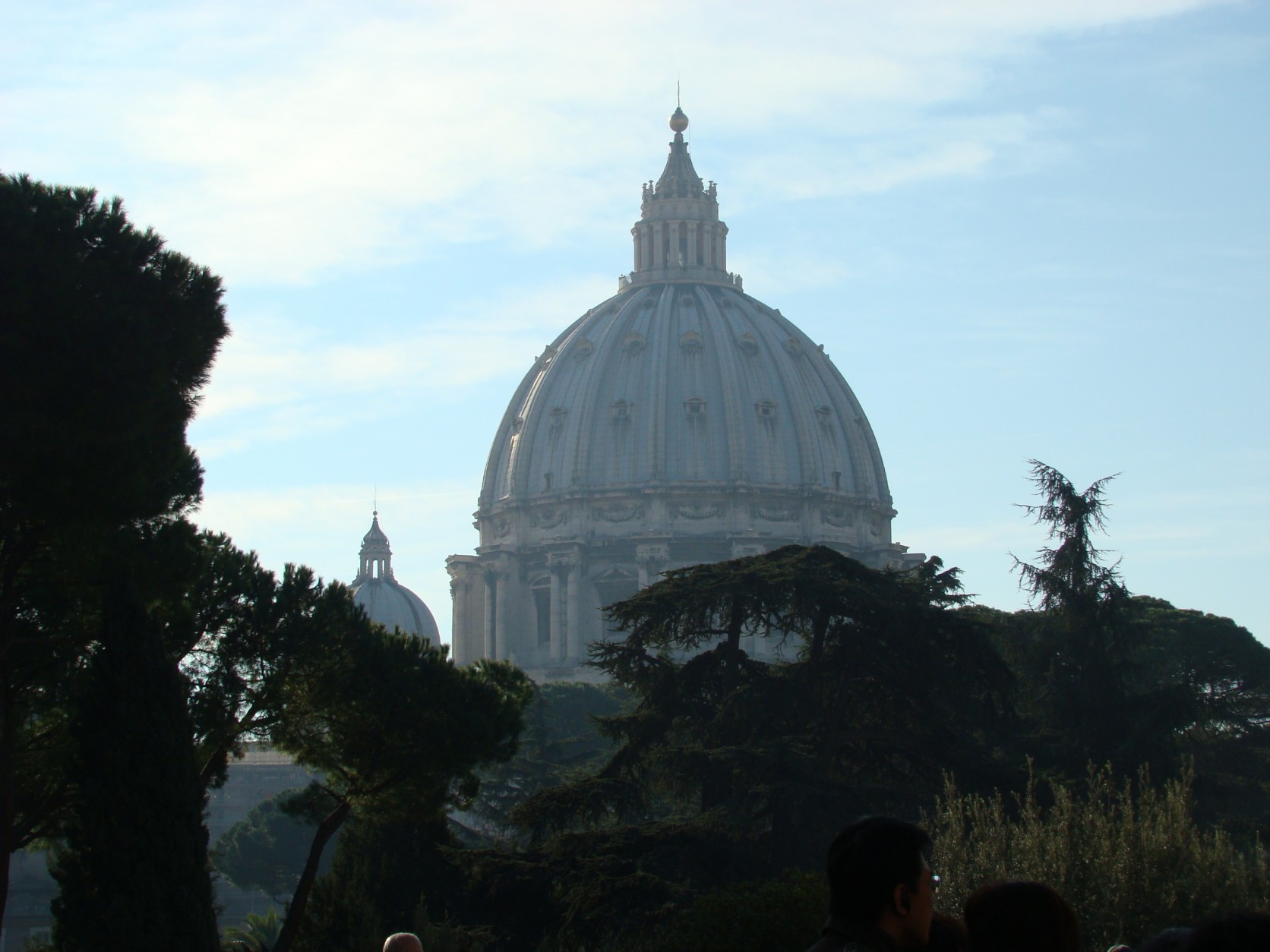1Kgs. 19:16b, 19-21; Ps. 16:1-2, 5, 7-11; Gal. 5:1, 13-18; Lk. 9:51-62
The Lord speaks! The Lords speaks the words “Follow me” to each of us this day. Elisha is anointed by Elijah and immediately Elisha recognizes the call by Elijah to follow him “as his attendant” his understudy “as a prophet to succeed you (Elijah)”. In the same way in today’s gospel, the Lord Jesus speaks calling some to follow him but like Elisha they desire to attend to their personal and family needs before accepting the call. Jesus words are definitive “let the dead bury their dead” and “no one who…looks to what was left behind is fit for the kingdom of God.” The Lord speaks clearly to be his follower is a call to sacrifice for the greater kingdom.
We are all called to the kingdom of God, but some receive a higher calling, to leave everything behind and “go and proclaim the kingdom of God.” The church has discerned that the Lord speaks of this calling as special grace given to the priesthood and religious life. They leave behind not only the family of birth but the hope of marriage and personal family for the kingdom of God. Perhaps this is why we dare not ask the Lord “Speak, Lord your servant is listening”. The Lord speaks of a complete surrender to him something we fear and would respond to with the same desire to say “yes, but…let me take care of what is in my heart first”. When the Lord speaks it is for us to place him in our hearts before all else.
We too are baptized priest, prophet and king called to leave behind a life of sin in a world that seeks its own kingdom. We are called to sacrifice in union with the heart of Jesus. This month is celebrated the Sacred Heart of Jesus with the church recognizing in June the Friday after the Solemnity of the Most Holy Body and Blood of Christ, (last Sunday) as the Solemnity of the Most Sacred Heart of Jesus. The heart is a symbol of love and the image of the Sacred Heart of Jesus surrounded by the crown of thorns reminds us of his passion and death “for the ungodly” as proof of his love for us. Even now as baptized and reconciled to him he gives us his promises to join our hearts of flesh with his most sacred heart when we come to him. So, what do we fear?
We fear surrender of our will, we fear what the Lord may ask of us, we fear the unknown. We hold onto what we know and our desire for control and our illusion to live this life for ourselves as the center of our universe. We don’t know how to detach, to let go and let God. To surrender to God is to gain everything while to hold on is to lose even ourselves for we are dust and to dust we shall return but to those united to the Sacred Heart of Jesus is to gain what is eternal.
We pray prayers, we pray what is in our mind, but do we call out to God to say “Speak, Lord, your servant is listening”? Are we listening? Jesus is not speaking in the wind, he is not speaking in the fire, or the constant noise around us. He said he would put his law of love in our hearts. We have to search our hearts before we hear his voice and “the words of everlasting life”. An examination of our heart brings us to Jesus and his Sacred Heart, to the truth of the gospel, and to where we are to go and follow him. Dare we go there? The real question to ask is “dare we not go there?” Eternity depends on it.
The Lord speaks of being called for “freedom”, a freedom from the flesh, a freedom from being focused on oneself, a freedom to “love your neighbor as yourself”. The flesh is driven by the senses “what feels good” as the pleasure principle that no matter how much we try to satisfy the senses there remains a hunger for more. The focus on self is driven by the mind to build oneself up, to be first among others, to create an image of false pride as if we did it “our way” and God was simply a spectator. How foolish! For the Christians, God is always active in our lives. The freedom to love your neighbor as yourself is driven by the will that we may be one in union with God called to be one in the Trinity, in the communion of saints and in this world with your “neighbor”.
The senses of the flesh are for us to taste, see, touch, hear and smell the goodness of the Lord in his creation. They lift our spirit up to God. Taken wrongly they become the purpose and not the means to a greater good. We have all heard the expression of someone who “lives to eat” rather than “eat to live”. This is indicative of misguided passions. The mind is our connection to the truth of God set free to discern his presence in our life as a listening servant to do his will. The mind can fool itself into thinking what it believes is the only truth that matters to claim for itself. The freedom to love the other as yourself is an act of the will to do God’s will even when the other is unwilling to love. It is the freedom to love that can protect us from sin and by not doing to others what we would not want for ourselves.
Do we welcome Jesus into our heart and into our home? Imagine Jesus walking into our home what he would see, feel, say and receive. Would he see his peace and unity given to us as his followers or would he see individual battles being fought to gain control? Would he feel the love of his sacred heart pouring out for the good of each other or would he feel the hurt, bitterness, anger of being offended by the insensitivity of others? Would he say I recognize my own and my own recognize me or would he say “I do not know you” and would we even recognize him? And what would he receive from us, our love, a place of rest to lay his head, a place at the table to break bread as a family or our complaints? Consider and let us ask ourselves are we more prone to rejoice in what others do and celebrate life or to complain for what we want them to do?
This week marks a major victory for the defense of life for the unborn child against the claim of individual rights to choose and privacy as a “constitutional right”. There are limits to our freedom and privacy in many of the laws for a better society. The right to choose and privacy does not exist when an adult commits the crime of child abuse and molestation within the privacy of their home. The state recognizes the need for defense of the most vulnerable in our society. That defense is now possible to extend to the unborn child in the womb. While the battle will continue, we now recognize in science what was not known before in terms of the potential for viability and humanity of the unborn. It is a child with the full potential to live in this world as a gift of life from God. The Lord speaks for the unborn as his sacred heart calls out “let the children come to me and do not prevent them; for the kingdom of God belongs to such as these.” (Lk. 18:16)








Recent Comments